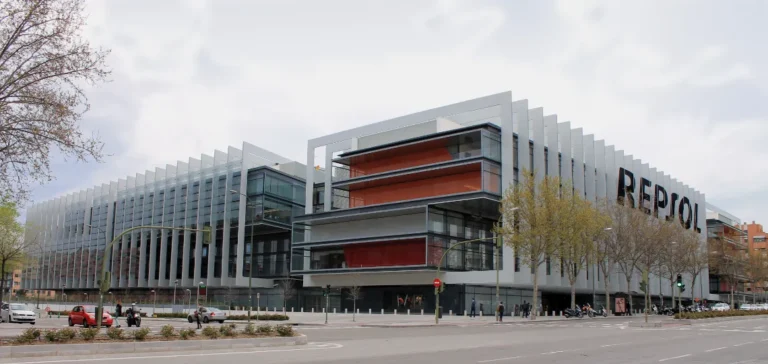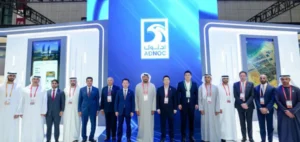Repsol has introduced an internal platform for creating intelligent agents designed to automate and reorganise its teams’ operational processes. This development forms part of the company’s digital strategy initiated over six years ago, aiming to optimise the efficiency of internal services.
A pilot project focused on collaborative workflows
The platform is based on multi-agent systems capable of self-organising and executing tasks in coordination. Developed in collaboration with Accenture, it allows each team to configure its own agents according to business needs, enabling the creation of new working environments. The project was initially tested within the Digitalisation and Services department, which includes more than 700 employees.
Three pilot teams used 22 artificial intelligence agents over a period of more than four months. These agents managed several functions, supported by internal knowledge bases specifically designed for the project. Over 50 employees were later involved in supervising and optimising these systems.
A lever for Repsol’s digital strategy
This deployment marks a new milestone for Repsol, which has integrated the initiative into its digital programme aimed at meeting the objectives set out in its strategic plan through 2027. The project benefits from the company’s experience in generative artificial intelligence, particularly since the launch of its dedicated Competence Centre.
To date, more than 60 use cases involving generative AI have been implemented, 22 of which have been scaled across the company. Additionally, over 5,000 employees have received training in these new technologies, reinforcing Repsol’s internal capabilities in digital transformation.
Measurable results and gradual deployment
The multi-agent platform pilot included a user interface tailored for professional use, integrating language models in a collaborative framework. The company reports having achieved notable efficiency gains by combining intelligent agents, restructured processes and strengthened human oversight.
According to a report from the Massachusetts Institute of Technology (MIT), 95% of generative AI initiatives fail due to lack of tangible results. Repsol’s case is cited as an exception due to its focus on complex processes and direct integration within operational teams.






















